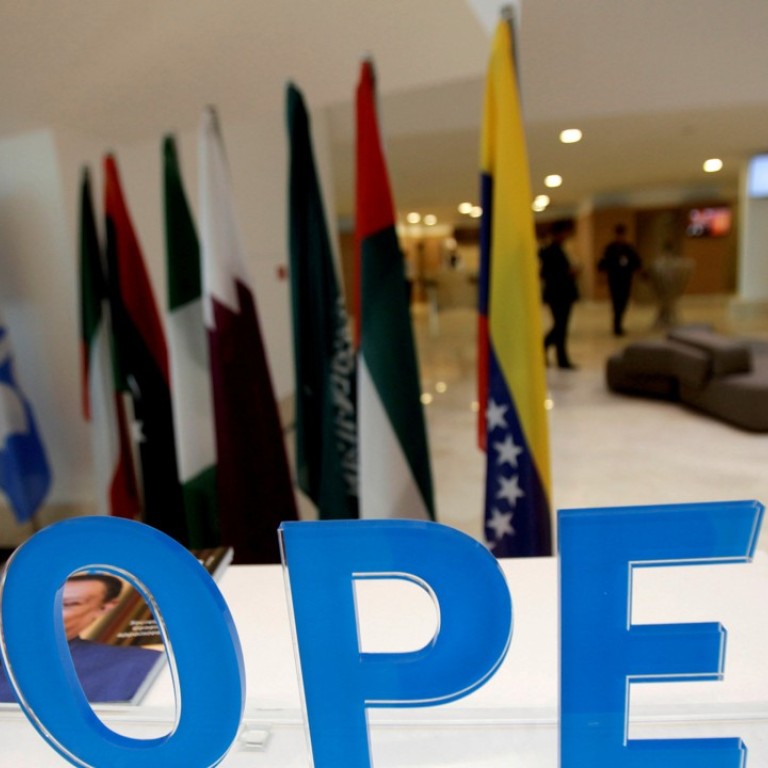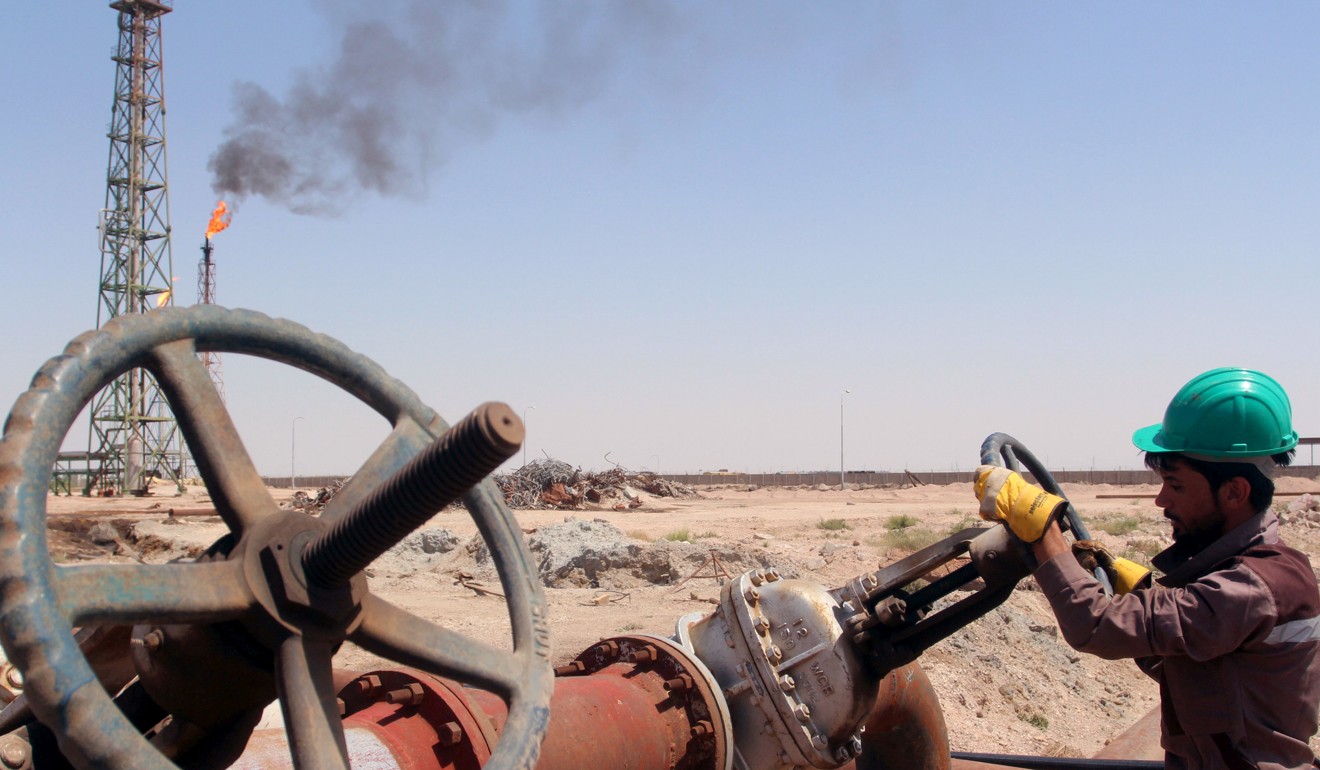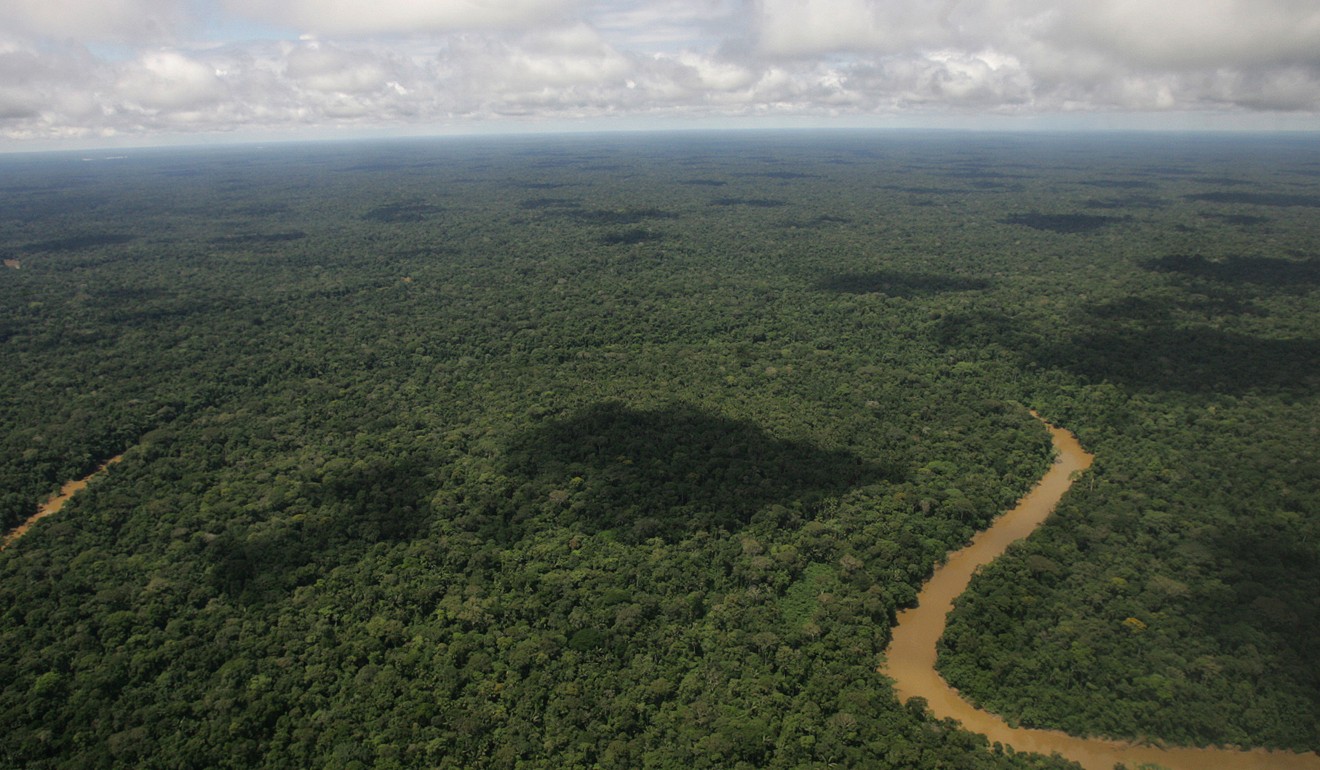
Ecuador breaks ranks with Opec on production cuts by increasing oil output
Ecuador’s decision is first crack in Opec unity to cut output through early 2018
Ecuador has become the first country to publicly admit it will not meet Opec’s production curbs, saying it needs to pump more oil to address its fiscal deficit.
The South American country’s promised cut of 26,000 barrels of oil a day is a tiny drop in the 1.8 million barrels/day that the cartel recently agreed to curb until early 2018, but the decision is still the first crack in the deal’s unity.
“There’s a need for funds for the fiscal treasury, hence we’ve taken the decision to gradually increase output,” oil minister Carlos Perez told local television, adding he did not think the decision would have a big impact on Opec’s output.
However, experts said the move could embolden other countries to rethink their commitment to the cuts. Opec producers and non-members including Russia extended but did not deepen production cuts at the end of May , and the oil price subsequently fell by 8 per cent in June.
Recent figures from the cartel show that Opec production in June was up 1.2 per cent on May, as countries including Libya and Nigeria, which are not covered by the deal, pumped more oil.

Compliance with the club’s curbs has also slipped from 95 per cent in May to 78 per cent in June, according to the Paris-based International Energy Agency (IEA). Historically, during previous Opec production curbs, compliance has weakened over time.
Ecuador said it would only be able to cut 60 per cent of its agreed reduction because of its considerable budget deficit. “We are not meeting the quota imposed on us because of the obvious needs the country has,” Perez said.
Despite the news from Ecuador, on Tuesday the price of a barrel of oil was up slightly at US$48.67, after new figures showed demand from Chinese refineries up and a count of rigs in the US showed they were flat last week , having previously risen for several months. In the first five months of 2017, the price of oil largely sat between US$50 and US$55 a barrel.

Joe McMonigle, of US investment research firm Hedgeye, said that while Ecuador’s production was small, the decision had an impact.
“Ecuador’s exit from the Opec deal is like a rounding error due to its low production cut target,” he said. “ But Ecuador’s exit combined with Kazakhstan’s intended ‘soft exit’ from the deal undermine (the) Opec market narrative and could potentially prompt others in the deal to look for the doors.”
He added that both oil supply and demand in US, where drilling ramped up in the first half of the year, was crucial.
“Crude draws in the US now are critical to Opec’s plan and can’t come soon enough with production increases in Libya and continued expansion in US shale. Ecuador’s decision just increases the pressure on Opec,” he said.
If other oil producers follow suit and renege on their production curbs, the oil price recovery since Opec’s initial deal last year would almost certainly be undone.
Some Opec members have called for deeper cuts this summer to tackle the oil glut and prop up prices, but Kuwait’s oil minister said on Tuesday that it was “too early” to go further. The cartel’s monitoring committee, which is checking compliance with the deal, is due to meet on July 24.
According to Opec’s latest report, the cartel averaged 32.61 million barrels a day of production in June, up 1.2 per cent on May. Ecuador produced 570,000 of those barrels, the group said.
The South American country had once been seen as a global leader and pioneer in its hopes to leave its oil in the ground, raising hundreds of millions from countries and individuals not to exploit the resource beneath the Yasuní national park.
But in 2013, then president Rafael Correa scrapped the plan and last year it was confirmed drilling had begun beneath the rainforest , considered one of the most biodiverse places on Earth.

